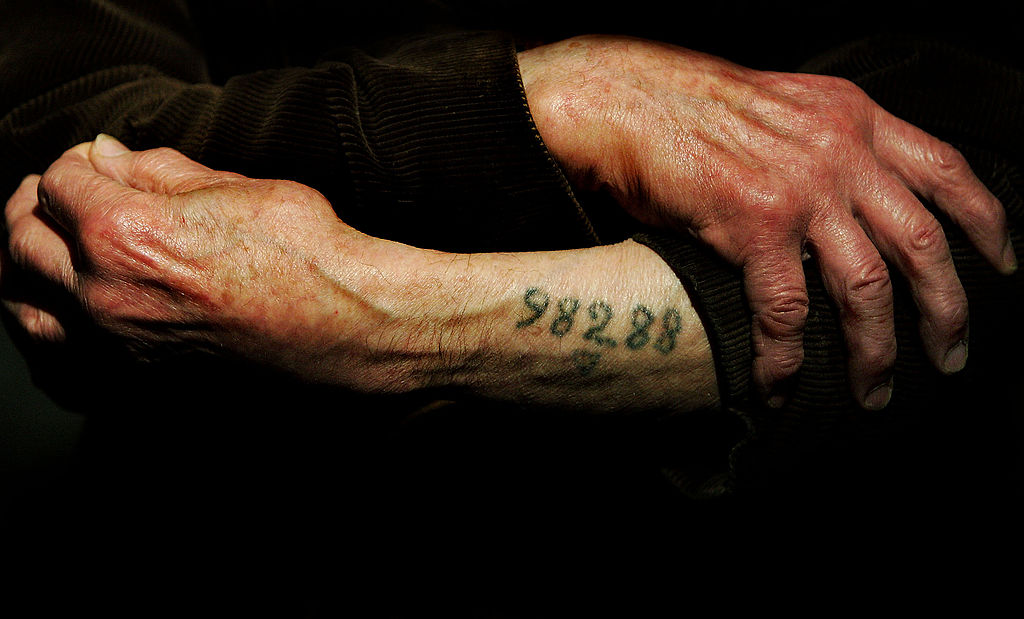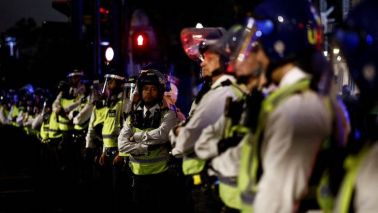When Ziggy Shipper was 13, the Nazis forced him onto a train in the Lodz Jewish Ghetto bound for Auschwitz-Birkenau. In hideously camped, cold, dehydrated conditions, Ziggy’s journey was made even more uncomfortable by a fully grown man who was crushing him. Only when the train stopped did Ziggy become aware that it was a corpse. His first emotion, however, when the body was thrown off the train, was not one of horror that the man had died, but of relief – of joy, even – that he could breathe again.
It was an experience that has haunted Ziggy ever since: incredulity and horror at how his own humanity had been broken down to such an extent.
This story, and many, many others, formed the backbone of Ziggy’s testimony for decades as he travelled the country in which he had settled after the war, Britain, giving his personal testimony in schools.

Britain’s best politics newsletters
You get two free articles each week when you sign up to The Spectator’s emails.
Already a subscriber? Log in






Comments
Join the debate for just £1 a month
Be part of the conversation with other Spectator readers by getting your first three months for £3.
UNLOCK ACCESS Just £1 a monthAlready a subscriber? Log in